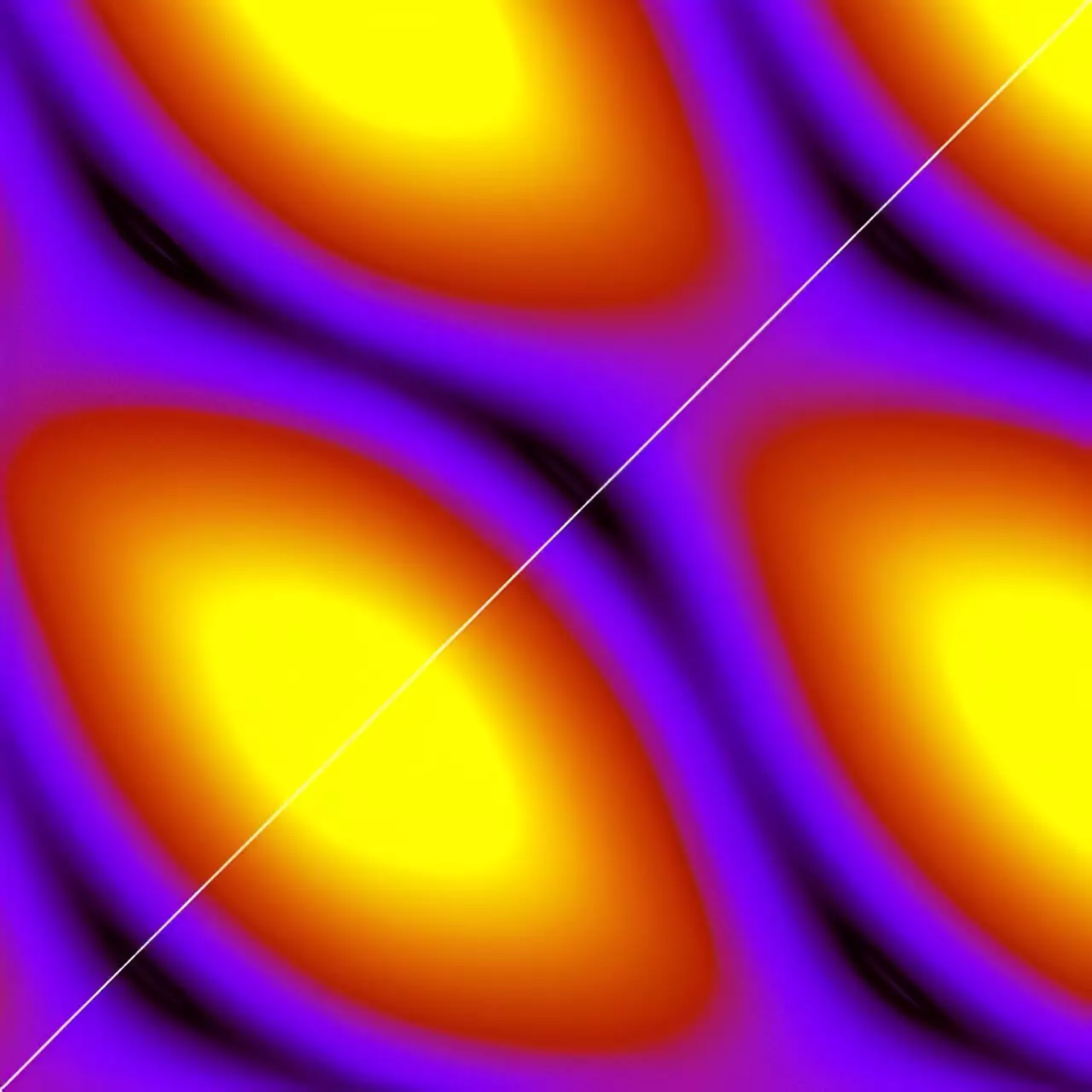Physicists at RIKEN have achieved a significant breakthrough in the realm of quantum computing by creating electronic states resembling molecules in superconducting circuits. Superconductors, which offer zero electrical resistance to the flow of electrons, are crucial for the development of efficient quantum computers that can surpass the limitations of conventional circuitry. While the primary advantage of superconductors lies in their ability to eliminate wasteful heating, they also exhibit unique quantum-mechanical interactions between electrons that could be harnessed for a wide range of functionalities in future quantum devices.
One of the key findings by Sadashige Matsuo and his team at the RIKEN Center for Emergent Matter Science is the discovery of an effect known as an Andreev molecule within superconducting circuits. An Andreev molecule is formed when two Josephson junctions share a short superconducting electrode, allowing the Andreev bound states in each junction to connect through the common electrode. This phenomenon enables one Josephson junction to control another, leading to the emergence of exotic superconducting transport phenomena such as the Josephson diode effect, which could revolutionize the design of superconducting circuits.
In their study, Matsuo and his colleagues constructed two Josephson junctions using a thin layer of indium arsenide, with the junctions interconnected by a shared aluminum superconducting electrode. Through tunneling spectroscopy, the team analyzed the electronic properties of the structure by measuring tunneling currents at various applied voltages and magnetic-field strengths. This technique allowed them to observe the energy levels corresponding to Andreev molecules within the Josephson junctions, providing crucial insights into the controllability and functionality of these exotic electronic states.
The research conducted by Matsuo and his team represents a significant advancement in the understanding and manipulation of Andreev molecules within superconducting circuits. While previous studies had characterized Andreev molecules in different device structures, this work marks the first successful demonstration of their controllability in coupled Josephson junctions. By uncovering fundamental information about the behavior of Andreev molecules, this research paves the way for the development of novel quantum information technologies with applications in future quantum computers.
The ability to create and control electronic states resembling molecules in superconducting circuits opens up a myriad of possibilities for the field of quantum computing. By harnessing the unique properties of Andreev molecules, researchers can explore new avenues for designing efficient and less dissipative rectifiers, as well as other superconducting devices with enhanced functionalities. The insights gained from this study lay the foundation for future advancements in quantum information processing and pave the way for the development of next-generation quantum computers with unprecedented capabilities.
The creation of electronic states resembling molecules in superconducting circuits represents a significant milestone in the quest for efficient quantum computing technologies. The findings from this research not only expand our understanding of quantum-mechanical interactions in superconductors but also hold immense promise for the development of advanced quantum devices with transformative applications. As scientists continue to unravel the mysteries of Andreev molecules and their potential in quantum information processing, we stand on the brink of a new era in computing where the boundaries of what is possible are continually being pushed.


Leave a Reply